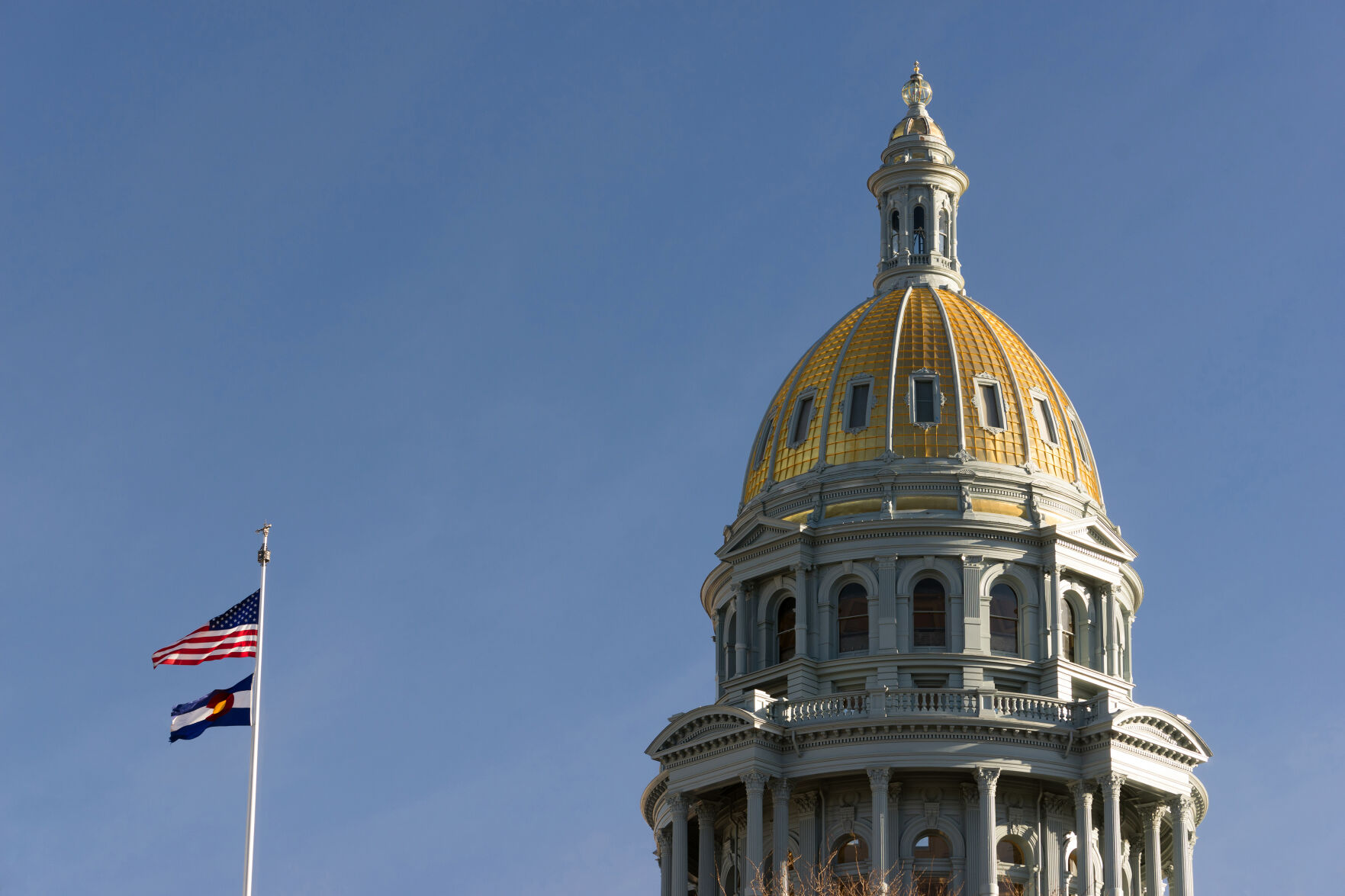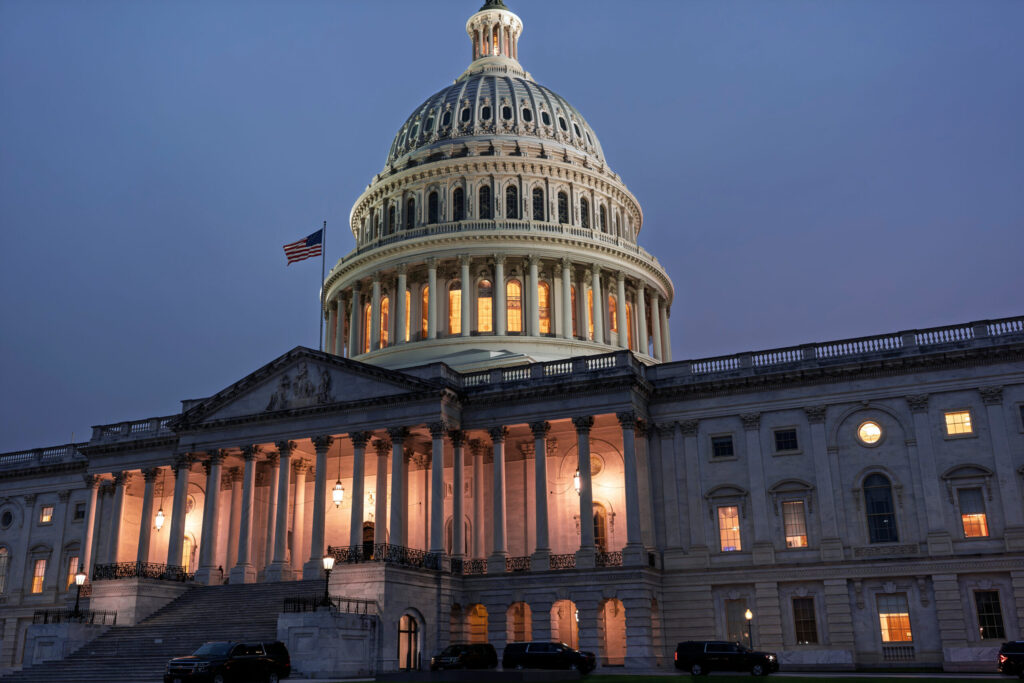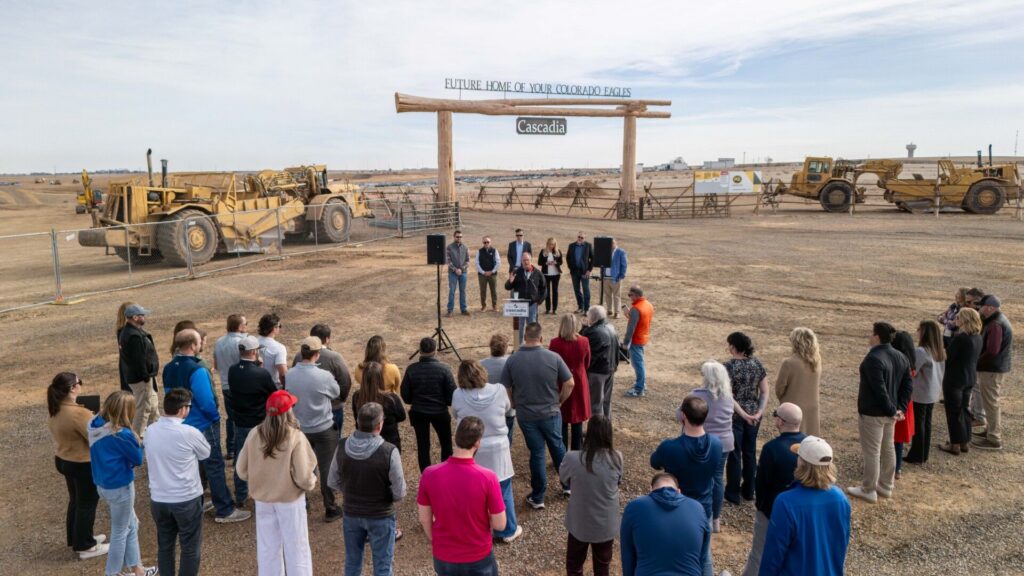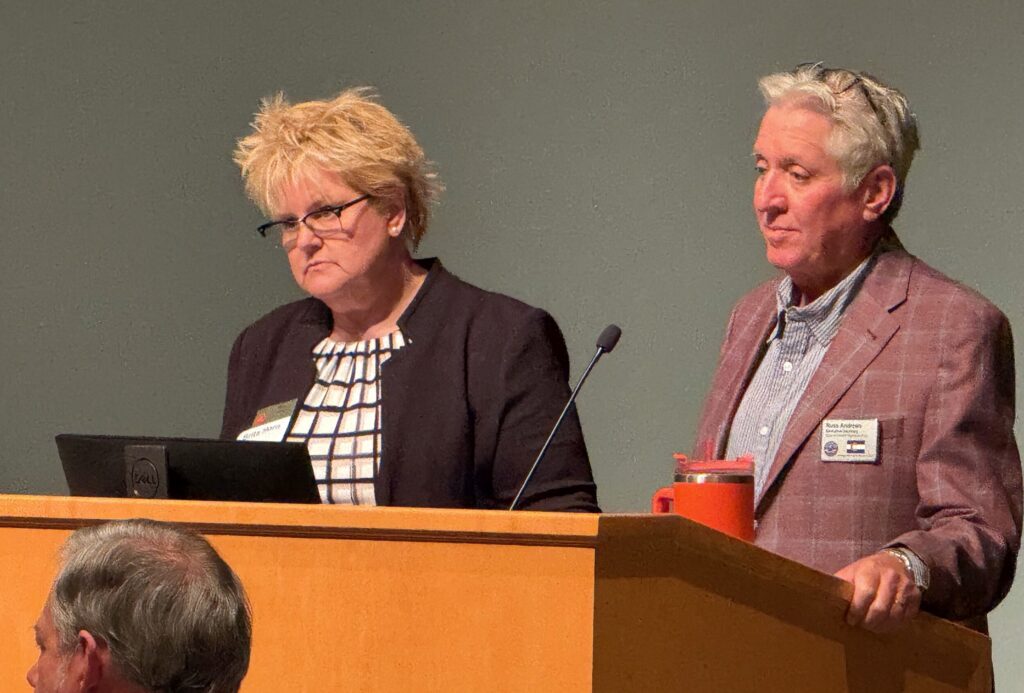Polis signs bill creating legislative committee to study judicial discipline
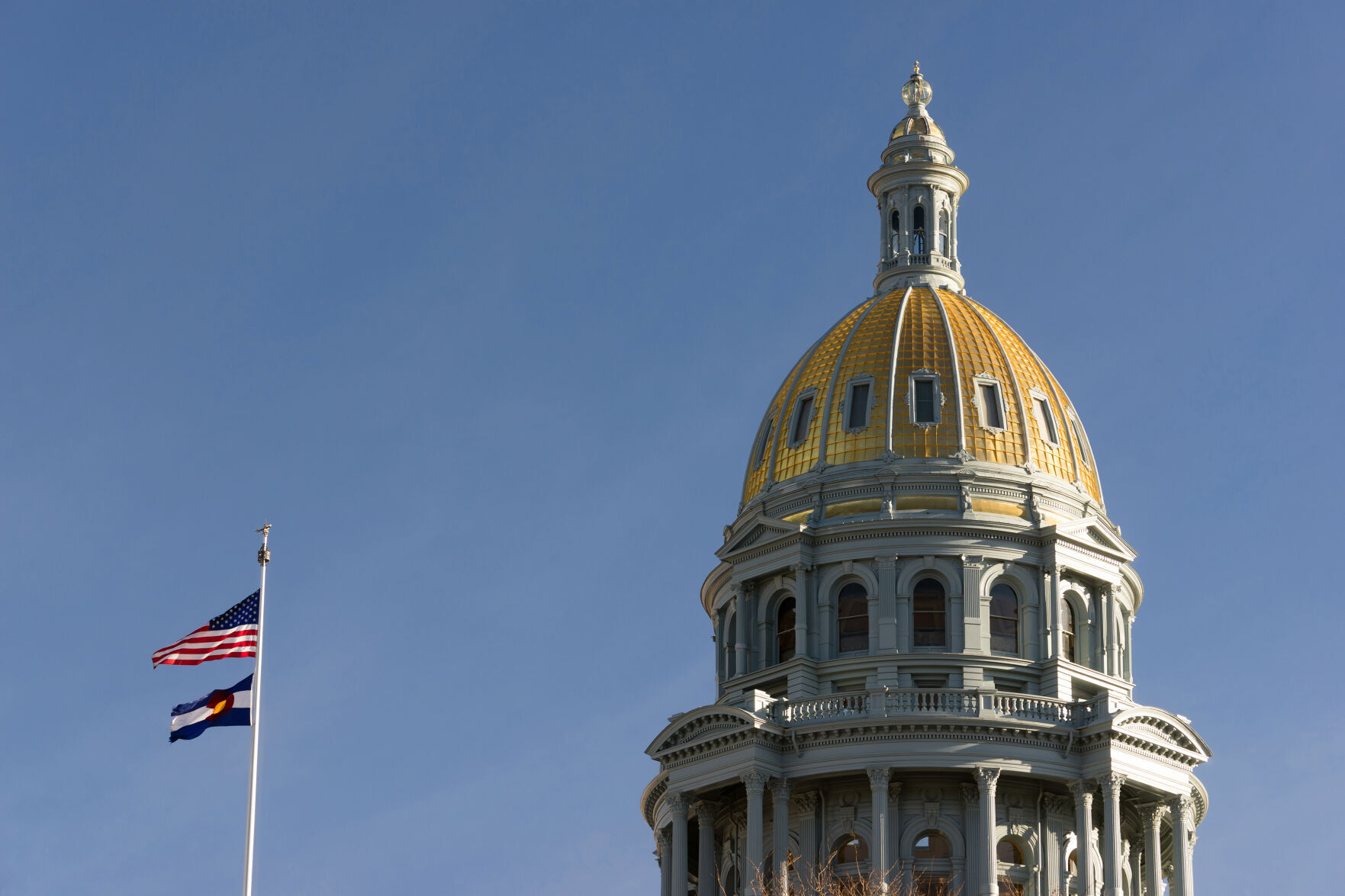
The leaders of both houses of Colorado’s Legislature have two weeks to appoint the eight members of a bipartisan committee to study whether the state’s method of investigating and disciplining judges needs an overhaul.
With Gov. Jared Polis’ signature to Senate Bill 22-201 on Friday, the next step is to assemble the four senators and four representatives to serve on the interim panel by June 4 and have its first of several public meetings by mid-June.
“I expect it to be rigorous, with an educational portion with the interim committee members to get up to speed on the landscape of judicial discipline,” the bill’s primary sponsor, Sen. Pete Lee, D-Colorado Springs, said Monday. “The bill has some 17 areas of study and the committee will have to sort through all that.”
Lee chairs the Senate judiciary committee and said he hopes to be named to the interim panel. It’s customary for primary sponsors of legislation to be named to study groups that come from its passage. In this case it would include House judiciary committee chairman Rep. Mike Weissman, D-Aurora, and Sen. Bob Gardner and Rep. Terri Carver, both Colorado Springs Republicans.
The bill requires four members from each legislative house representing both political parties equally.
A 12-member advisory panel made up largely of lawyers, judges and other stakeholders that was supported by the Colorado Judicial Department and its Supreme Court was a late addition to the bill and later stripped, instead mandating the committee seek a wide array of opinions.
The bill has been the focus of some political maneuvering, with the legislative and the judicial branches of government squaring off. At one point members of the Supreme Court personally lobbied legislators about their positions, a highly unusual though not unprecedented move for jurists whose ethical canons strictly limit such conduct.
The legislation came as a result of public hearings in which members of the state’s Commission on Judicial Discipline described difficulties that body recently had with conducting investigations into allegations of judicial misconduct.
In particular, the commission said the Supreme Court was not funding a request to pay for special counsel the commission hired. The commission’s funding, until now, was entirely though attorney registration fees collected by the court and distributed by the Office of Attorney Regulation Counsel.
The bill funds an Office of Judicial Discipline, which is essentially the commission, with taxpayer dollars topping $1.14 million, about $400,000 of it for special counsel. It adds additional personnel including an investigator and is expected to have its own offices eventually.
The bill “significantly strengthens Colorado’s judicial discipline system by providing the Colorado Commission on Judicial Discipline and its newly created Office of Judicial Discipline with an independent funding source,” the commission said in a statement. “The new law further provides a structure for the reliable reporting and disclosure of information relevant to allegations of judicial misconduct. Through its authorization of an interim legislative committee, the law provides meaningful opportunities for inclusive public discourse about ways to reinforce an objective, independent, and conflict-free judicial discipline system in Colorado.”
In January, the commission told legislators it had been hamstrung in its efforts to begin any investigation into a multi-million dollar contract the Judicial Department awarded to a former official who threatened a tell-all sex-discrimination lawsuit while facing firing for financial irregularities.
The contract was predicated on the details of a two-page memo that contained allegations of judicial misdeeds that were never disciplined. The commission publicly said it could not locate any of the allegations among its paperwork, indicating they were not properly reported despite the Judicial Department’s knowledge of them.
Under the legislation, the interim committee is tasked with studying 17 different aspects of the state’s method of disciplining judges, including whether to continue allowing the Supreme Court to create the commission’s operating rules and governance over commission decisions, as well as appointing four of the 10 members of the body.
Additionally, the committee is to study potential changes to how the commission does its job, including whether voters should decide on a constitutional change that would make it wholly independent of the Supreme Court.
The committee is expected to present its findings in the fall.
